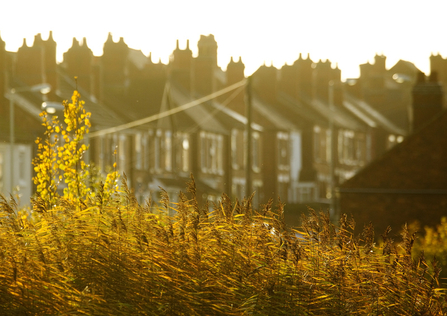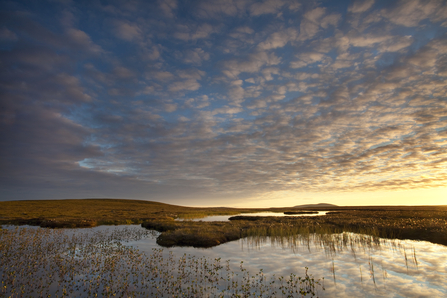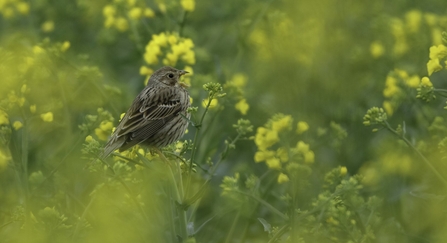Financial fears and extreme weather events have marked the start of this year, and it’s already clear that the environmental crises facing the UK have never been greater. Communities are suffering and the Office for Environmental Protection has warned that green goals are under threat. A week ago we were told that 2024 was the warmest year on record and that 2024 was the first year with temperatures 1.5°C above pre-industrial levels. Gloomy news indeed.
As the Chancellor demands that regulators tasked with protecting nature ‘tear down the barriers’ to growth, she appears unaware of the critical role nature plays in the UK. Nature protections are not blocking the UK’s success – they underpin our economy and make us safer. A nation that undermines nature is a house of cards with shaky foundations.
The Wildlife Trusts have identified five areas where we believe political action can have the most significant impact on nature recovery – and which would also solve a raft of other related problems at the same time. From planning reform to the next Environmental Improvement Plan, it is vital that the UK Government improves its focus on supporting nature-friendly farmers, restoring fresh waters and making us more resilient to the climate crisis. It must recognise that the nature and climate crises are the biggest long-term threats to economic growth.
1. Restore nature to underpin economic growth
The Prime Minister was right to say recently that the UK shouldn't 'sit in the tepid bath of managed decline’. Since The Dasgupta Review showed how much of the UK economy is built on a nature foundation, The Wildlife Trusts have called on the UK Government to put nature recovery at the centre of planning reform and economic recovery.
Economic growth and nature recovery are not mutually exclusive. In fact, we would go further and say that stable, secure economic growth is dependent on the resilience and restoration of the natural world. By embedding nature recovery into all our economic plans, we can tackle the challenges of economic shocks from climate chaos, development and housing together. We also need political leaders to clear up misconceptions about regulation. Strong leadership about properly enforced regulation is key to providing simplicity, certainty and driving business innovation in an integrated way.
The UK Government must reform planning rules to create housing with green space on its doorstep as standard. It must also ensure large nationally significant energy and development projects avoid harming protected wildlife sites and make a positive contribution to restoring nature.
Historically, development has often led to habitat loss, pollution and declines in wildlife. It is time for a climate-resilient planning system, which ensures that growth is ambitious, sustainable and beneficial for both people and the natural world.




